Plastics / Resins
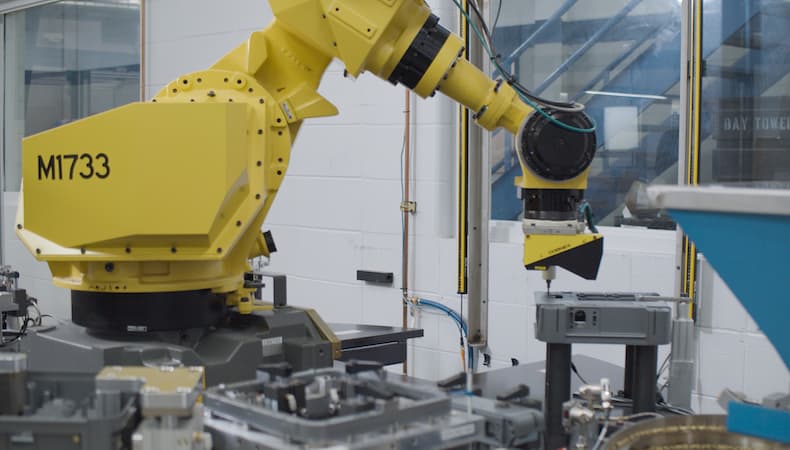
Consumer applications are diverse. Simply having products on the market isn't enough to build a customer base or keep pace with the competition.
Understanding the latest plastic injection molding industry trends — and partnering with a custom injection molder to apply them in creating highly differentiated products — translates to sustained success. It also gives you greater control over quality, cost, and time to market.
Injection molding industry trends suggest that a number of factors influence applications within the consumer market, such as:
American consumers want to support companies that prioritize recyclability and sustainability. In a recent survey, 42% identify as eco-friendly purchasers.1 Given that the U.S. consumer products market is valued at well over $600 billion,2 the voice of nearly half of the customer base is an expensive one to ignore.
Enter resin alternatives. Bioplastics made from renewable resources such as sugar, starches, and soy continue to gain traction in injection molding. Popular choices3 include:
While these resin alternatives mimic many of the characteristics of traditional injection molding materials, their biodegradability also raises some concerns.
Durability can be an issue, as can cooling temperatures and moisture encountered during production. Injection molders with expertise in resin characteristics, behaviors, and selection can counter these measures with particulate fillers, reinforcing fillers, and other additives that change the structure of bioplastics without robbing them of their eco-friendliness.
The same group of American consumers that weighed in on the importance of sustainability also feel strongly about where products are made. "Made in the U.S.A." is a definite decision driver.
Of course, reshoring experienced an uptick during the pandemic. Working with U.S.-based suppliers — even local injection molding companies — for the first time, or the first time in a while, reminded OEMs of the benefits of reshoring:
The paradox in the push for U.S.-based manufacturing is the shortage of skilled labor. An estimated 2.1 million jobs will be vacant in the manufacturing sector by 2030,4 and 54% of manufacturers already report significant difficulties in finding qualified workers.5
The labor shortage is a thorny issue, but it's given rise to forward-thinking solutions that allow for doing more with fewer employees. On the whole, industrial robotics isn't a new innovation. However, technological advancements have robots providing timely assistance and benefits to consumer market OEMs and injection molders alike:
As with other industries, the consumer market continues to struggle with the impact of the unanticipated and prolonged resin shortage. The plastic injection molding market size isn't what it used to be.
Finding suitable replacements for nylon, acetal resins, polysulfone (PSU), polyphthalamide (PPA), polyphenylene sulfide (PPS), polyphenylene oxide (PPO), and syndiotactic polystyrene (SPS) isn't as simple as swapping out resins. It requires collaboration with your injection molder to qualify and test alternatives to ensure they are true solutions.
The duration of the resin shortage is unpredictable, compelling Kaysun to take problem-solving to the next level. For OEMs wishing to mitigate regional supply chain disruption, Kaysun offers collaborative global supply strategy development.
RELATED:
OEM-Molder Strategies for the Resin Shortage
Broadly speaking, suppliers from different countries of origin (typically at least one onshore and one offshore plastics supplier) are identified for materials fulfillment. Should a vendor not be able to fulfill an obligation, Kaysun already has a backup vetted and ready to step in to keep production timelines and project costs on track.
No doubt about it, new opportunities for consumer market applications present new challenges for manufacturers. Companies with loads of plastic injection molding industry experience, such as Kaysun, help you understand and incorporate the trends, processes, and resins that support your product goals, provide a competitive advantage, and help you innovate for the future.
For more on assessing the injection molding industry for consumer market new product development, download our tip sheet, What Type of Injection Molder Do You Need? Click the button below for your free copy!
SOURCES
1Packaging World, The Consumer Behavior of Plastics and Recycling in America, May 22, 2021
2Select USA, Consumer Goods Spotlight, Undated
3Stelray Plastic Products, Top 5 Biodegradable Resins for Your Plastic Injection Molding Project, March 4, 2019
4CNN Business, American factories are desperate for workers. It's a $1 trillion problem, May 4, 2021
5Industry Week, The Skilled Labor Shortage Threatens Manufacturing's Full Recovery, Says Study, July 14, 2021
6Plastics Today, 16 of the Top Robot Companies on Our Radar in 2021. They're Creating a Brave New World, July 16, 2021
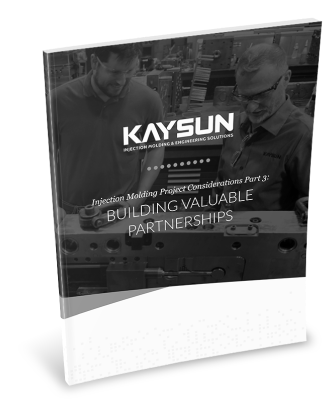
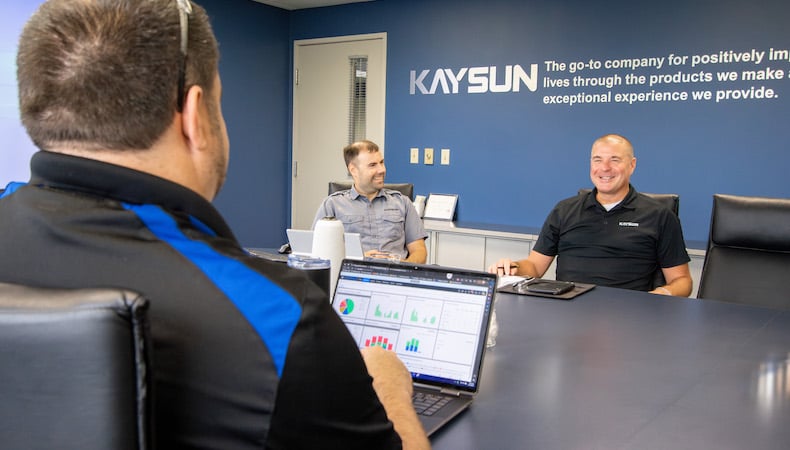
Despite being considered more energy efficient and producing less waste than other…
READ MORE
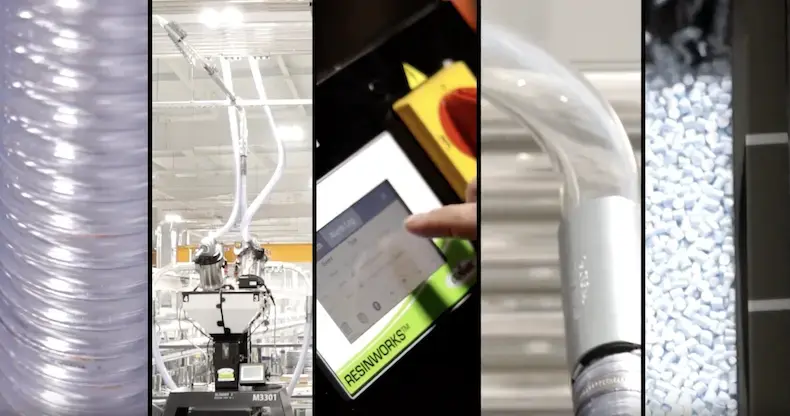
We consistently look for new ways to deliver timely service and top-quality parts …
READ MORE
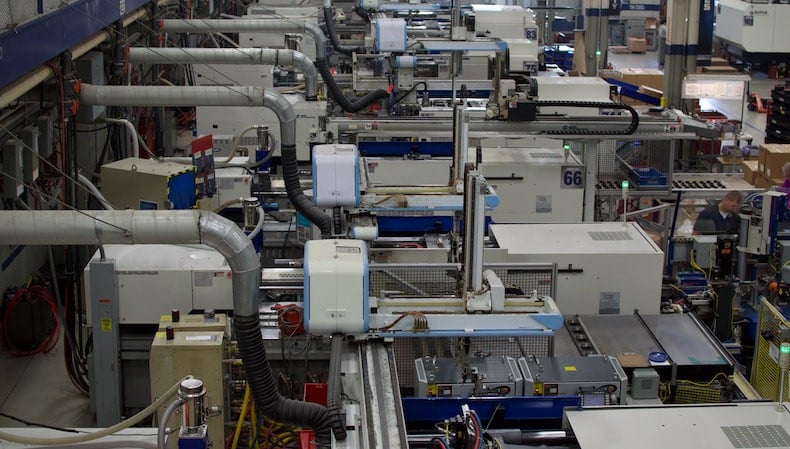
OEMs across many industries enjoy the benefits of injection molding. It’s ideal fo…
READ MORE